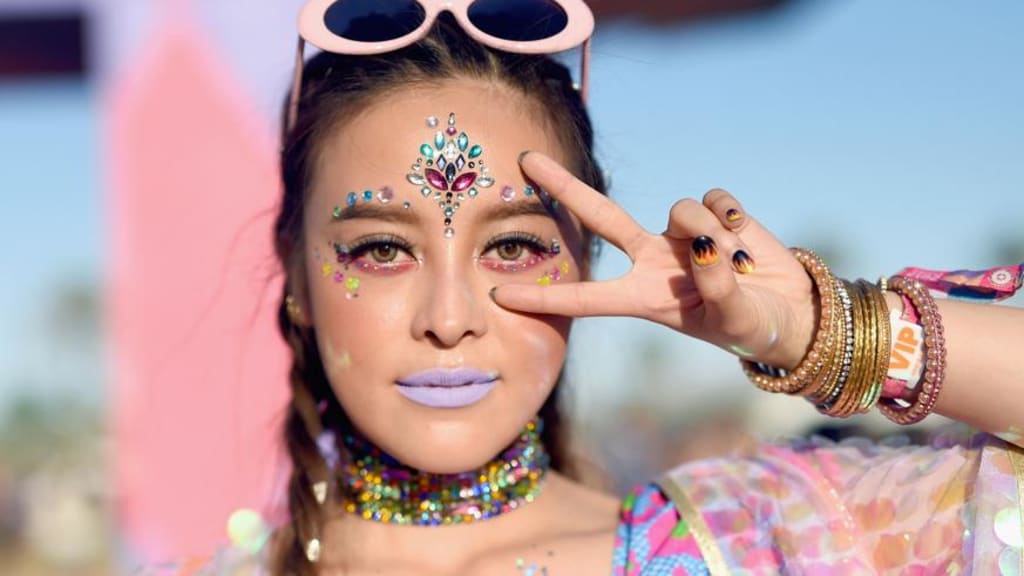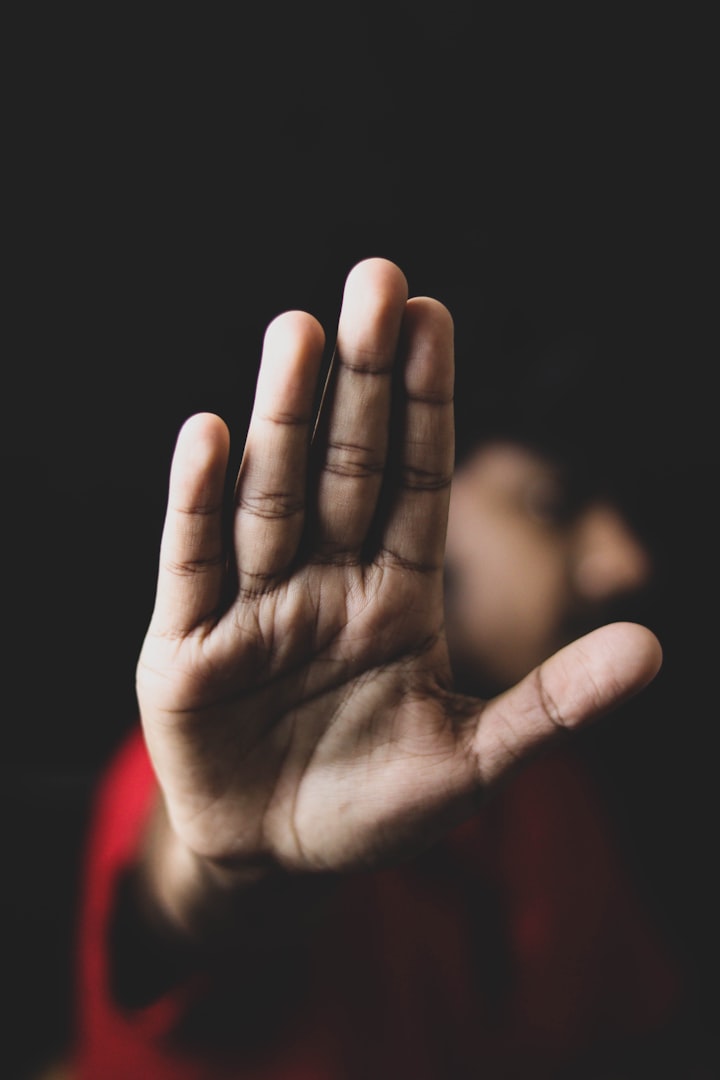Is Cultural Appropriation Preventing Change?
This concept in sociology is preventing what we really want. Here's why:

Could you imagine a world where only Chinese people were allowed to use chopsticks? Or a world where only Indian people were allowed to eat Indian food? I mean sure, not everyone likes an Indian or a Chinese takeout, but what about when your mother used to make you homemade lasagna or a Friday/Saturday when your dad would convince your mum to let you order a Dominos? The fact is that we live in a multi-cultural society and it’s for the best.
What is cultural appropriation? To put it simply: when a dominating culture takes elements of a minority culture. Some consider it to be offensive due to the history of segregation and racism and therefore believe that those who have dominated society in the past should not take these elements and make them their own. However, many argue that the argument for cultural appropriation can be used so widely, to the extent that those appreciating and admiring a culture are, in fact, trying to claim it.
To be honest with you, culture is so important because fashion, food, and views are developed differently all around the world. If anything, everyone should be grateful for the sharing of style and tradition. We now live in a multicultural and changing society. Why should we walk backwards? I do understand as a PoC (person of colour) that you want to obtain what is “tradition” or what you might consider “made for you,” but who are you to classify the replication of culture as bad? Without the development of culture, we would remain living in a world where segregation and racism are more wicked than imaginable. If we label the sharing of culture as cultural appropriation, then we create a never ending cycle.
Let’s not beat around the bush; it’s white people who are being attacked because of the suggestion that those with cultural differences should protect themselves and their traditions from white supremacy and that we “the minority” should not allow white people to take what is ours. However, the society we currently live in should encourage discussion. If we keep building walls around each race, each culture, and every tradition, we are segregating ourselves instead of collaborating towards a fitter society.
It is only in recent years that the media coverage regarding the debate of cultural appropriation has risen, and I do wonder if I should stand correctly to name our generation to be too sensitive. Often, I see on Instagram or Twitter a PoC slamming a white person with dreaded hair for culture appropriation. It has only been recently that PoC have “claimed” culture to themselves in terms of fashion. During the 70s having a Mohican was an acknowledgement to Native American Culture. It can be argued that punk fashion has now claimed that hairstyle and many try to protect this happening again with the argument that caucasian people are trying to rebrand dreadlocks as their own.
I’ve heard a fair few arguments claiming that “white people do not have culture.” This is nothing but ignorance. I’ve met plenty of people who ask me “are you Chinese or Japanese?” as if all Asian culture are the same. As time went on, less people have asked me that question, but the popular claim that “white people don’t have culture” is rubbish. There has been, and always will be, a history behind every individual.
Yes, those two people over there both have white skin; however, that one is Italian and the other is German.
If this generation is too sensitive, then that means we’re not focusing on real racial issues, which do need addressing. Instead of worrying about the one photo of the one girl you saw that one time who had white skin and dreadlocks, why don’t you focus on those who disrespect culture? For example, Logan Paul, an internet personality with a young audience, went to Japan. During his trip, he brought a console and destroyed it, then tried to return it to the seller who obviously didn’t speak very good English. Later, documents him throwing a Pokemon stuffed toy at bypassers and officials. Surely, people who are disrespectful of cultural understanding should be the ones who need to be educated, not those who reflect cultural difference.
In some cases, the labelling of cultural appropriation is unnecessary and masks the real underlying problem. For example, Pharrell Williams is an African-American celebrity who recently worked with Adidas to promote their Holi inspired sneakers. Holi is a Hindu spring festival and some are debating that instead of buying “Holi inspired” sneakers for over $200, you should go to a Holi festival instead. Now, some are labelling this as cultural appropriation because Pharrell is neither Hindu or Indian and an American company is using the Holi festival to make money. However, the real issue is the intent from American companies like Adidas. These big brands will do anything to rob you from your money, and in the industry, they know the benefits from using well known American icons. Now, from Williams's perspective, he has worked with Adidas multiple times before, but as an artist and producer, his agency would almost hand him over to such a famous brand due to the publicity and credit that comes with it. In the industry, there is no such thing as bad publicity. So surely the issue lies with how big corporations use all sorts of events and people to benefit themselves as a whole.
I, a person of colour, am not a worshipper of cultural appropriation. I’m sorry, but that’s because the final result will only do the opposite of our agenda. We want change. We don’t want to claim what is “ours.” After years of slavery, segregation, and oppression, the last thing you should aim for is to mirror those onto other races. As a collective, aim to make others understand, not deprive them from that, because it will result in an endless cycle.






Comments
There are no comments for this story
Be the first to respond and start the conversation.